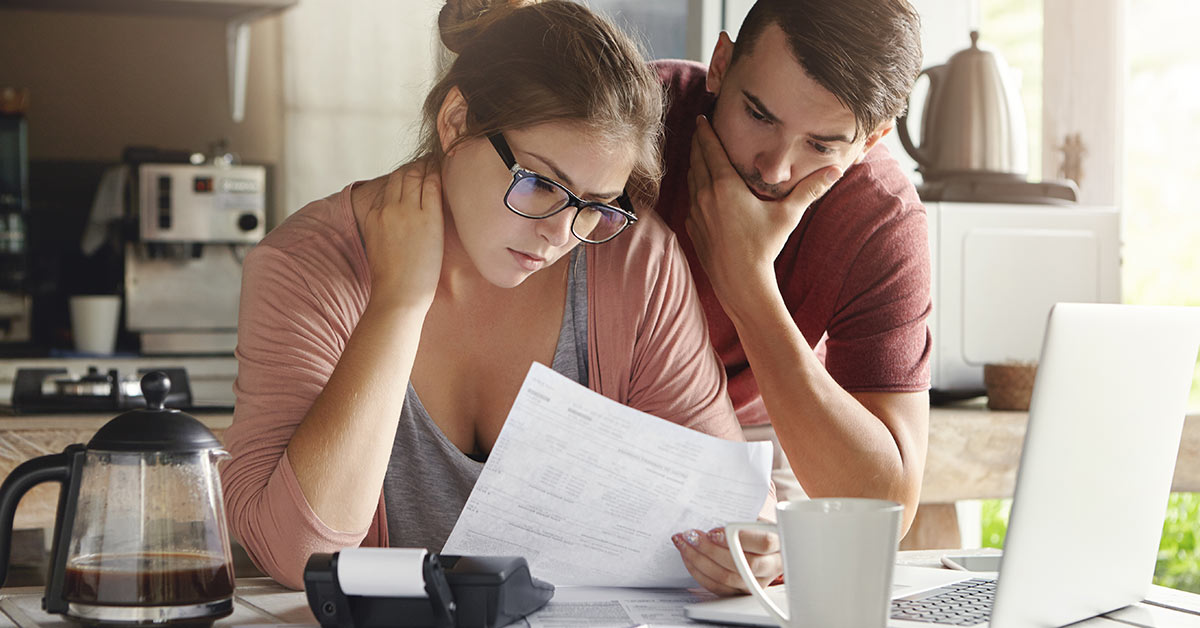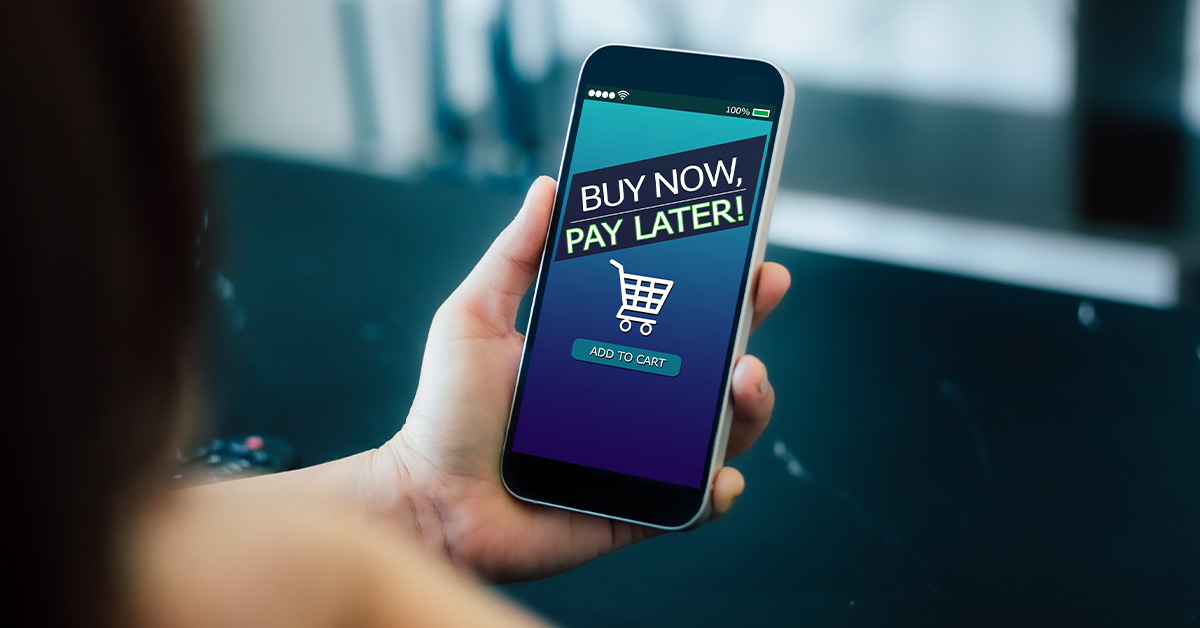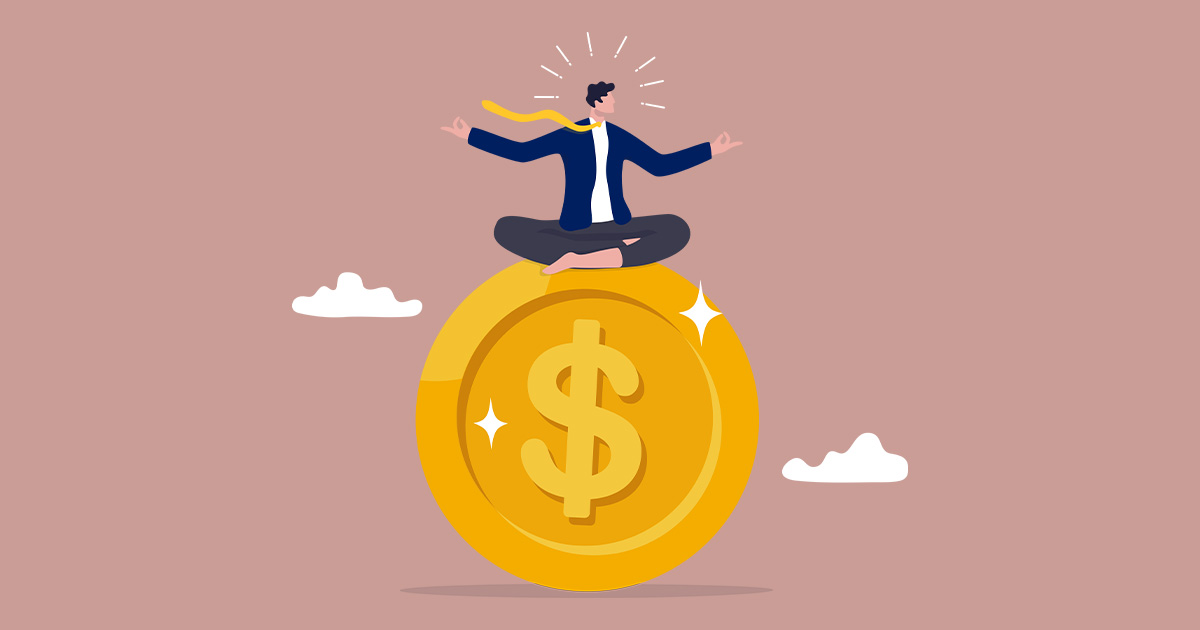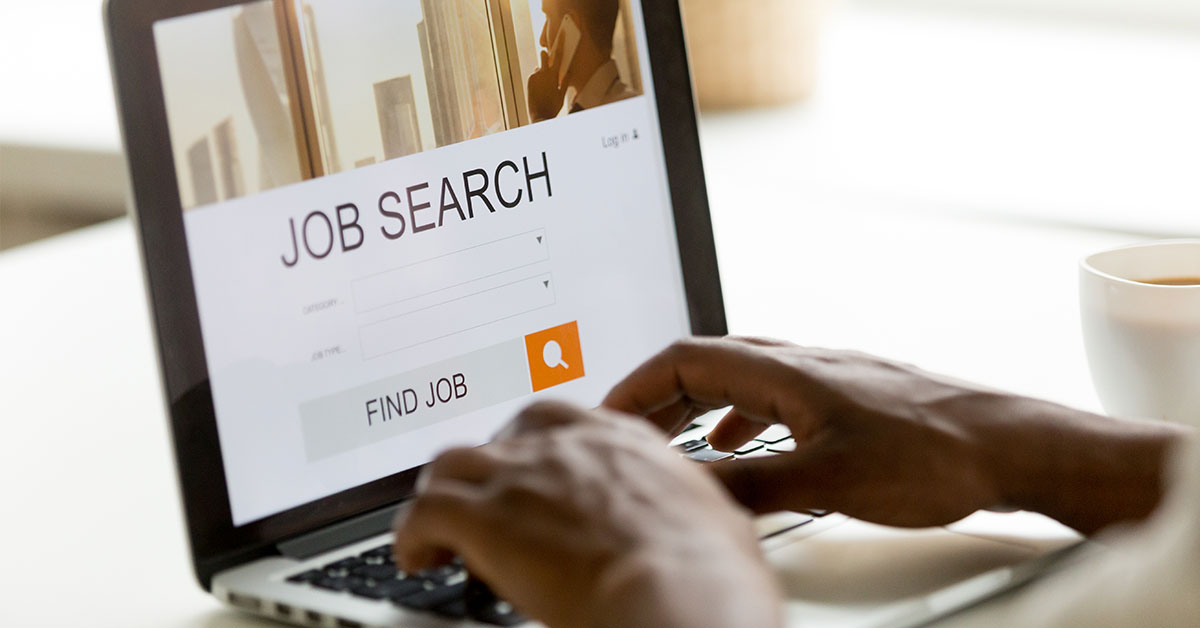
Understanding Unemployment Benefits
There is a lot of misconception about what unemployment benefits actually are, and some are reluctant to sign up for these benefits because they see it as a free handout or even a failure. But, in reality, if you’ve received a paycheck, you’ve paid into the unemployment pool.
So, what exactly are unemployment benefits, and if you’re out of work, how do you know if you qualify for them? Recently, because of the coronavirus pandemic, there have been some changes to who qualifies for unemployment and how much they can receive. But, before we dive into those changes, let’s review what unemployment benefits are.
What Are Unemployment Benefits?
Unemployment benefits are a joint program offered by the Department of Economic Opportunity in cooperation with federal and state governments. There are federal laws that every state must follow, but there are also laws that vary state to state. In Florida, these benefits, designed to offer assistance when you’re unemployed and looking for work, are called Reemployment Insurance. They are available to you if you meet the following criteria:
- You earned at least $3400 in the past year (seen as the earliest last four of the five complete calendar quarters) and the total of earned wages over that time period is at least one and a half times the amount earned in the highest-earning quarter. This sounds a bit complicated, but as an example, if the highest amount you earned in a quarter over the last year was $6000, then your total earnings over that year need to be at least $9000 to qualify you for unemployment.
- You’ve lost your job at no fault of your own. In Florida, “no fault of your own” means that you were laid off, lost your job in a reduction-in-force (RIF), fired for any reason outside of misconduct, or quit because of injury, disability or being transferred by the military.
- You are actively looking for work. This means that you are ready and able to work and will accept a suitable position when it is offered. You must keep records of this search.
How to Apply for Unemployment Benefits
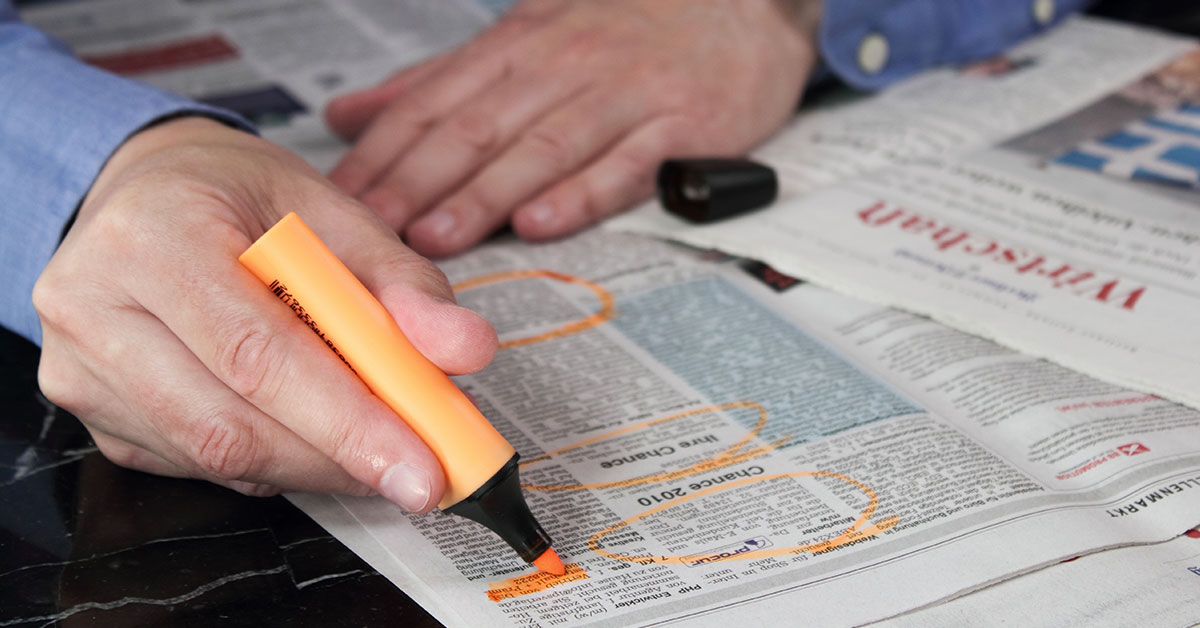
Applying for unemployment benefits is simple. But you do need to gather the right documents and be prepared to fill out an application.
- Get Your Documents Ready – You’ll need your Social Security number; Driver’s License or State ID; and information about your last 18 months of employment including start and end date, total earnings, W2s/paystubs, and the reason for losing your job.
- Apply as Soon as Possible – It can take time for your benefits to come through, and you should file your claim within one week of losing your employment.
- Keep Looking for Work – According to Florida unemployment laws, you are required to apply for five jobs each week. Make sure you keep detailed records of these applications.
Once you’ve submitted your application, you will need to continue your job search and wait for your benefits. There is a required one-week wait time* before you can receive benefits, and from there it can take, on average, three to four weeks to receive your benefits.
While you wait for your benefits, it’s a great time to take another look at your finances. Do you have an emergency fund you can use for your bills and financial responsibilities? It’s also a good time to set up a budget and figure out how you can make sure you are financially fit. Unemployment can often come as a surprise and leave you feeling confused and unprepared, but it gives you the opportunity to take a step back and really assess where your finances are at.
A Note About Unemployment Benefits and COVID-19
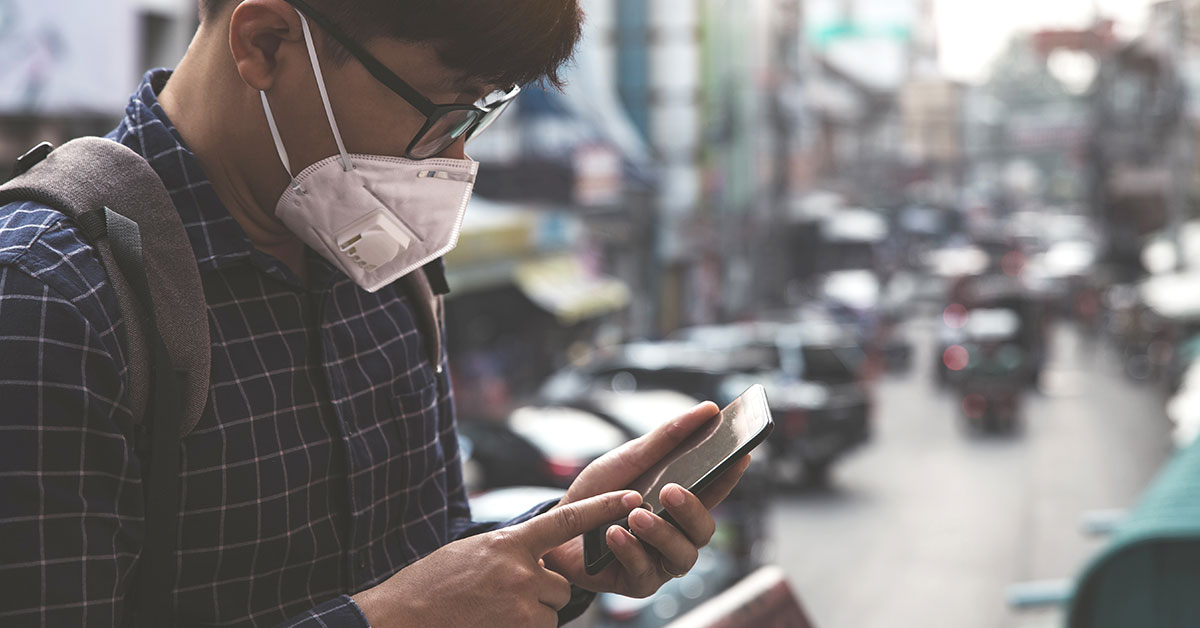
Since the coronavirus pandemic, the federal government and the State of Florida has changed some of the rules for who can receive unemployment benefits and how individuals can apply. Here’s what’s new:
- You can fill out a paper application
- There’s a mobile friendly site
- *There’s no longer a week-long delay for payment
- Self-employed workers and independent contractors can now apply for benefits
- You can get more benefits for longer. How long you can receive benefits depends on Florida’s unemployment rate and, according to the State of Florida, is calculated as follows:
“When the state unemployment rate increases above 5 percent, Florida extends the duration of benefits beyond the standard 12 weeks. An additional week is added for every 0.5 percent increase to the unemployment rate above 5 percent. The maximum possible extension is 23 weeks.”
If you’ve lost your job due to the coronavirus or other reasons outside of your control, there is help. And despite what some might think, it isn’t a handout. You’ve paid into this insurance, and it is yours to collect when needed.




